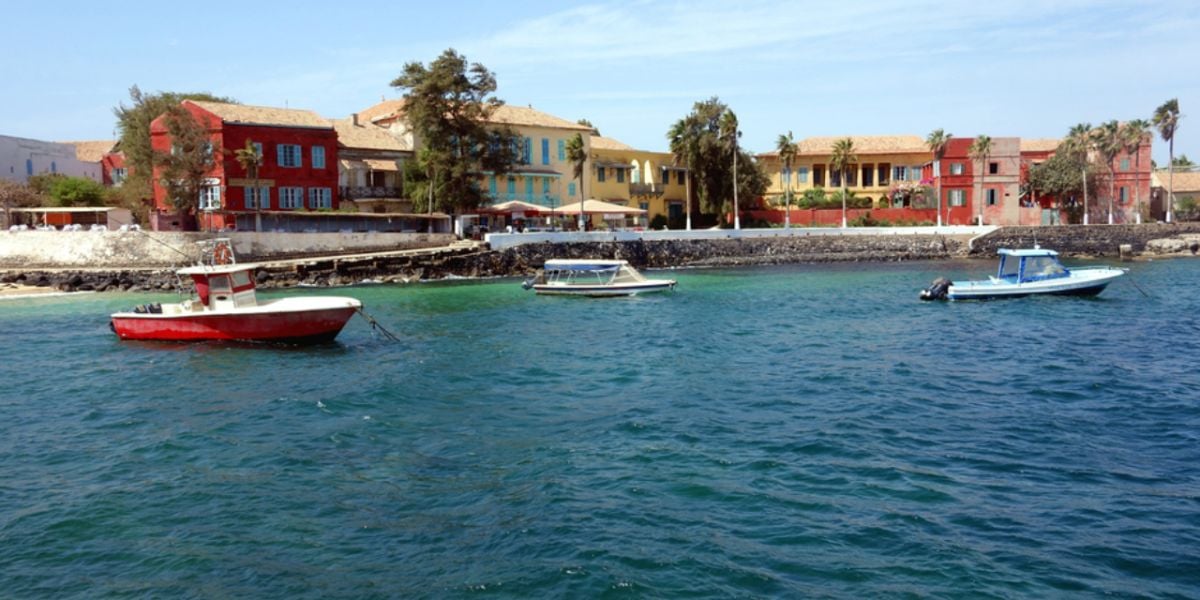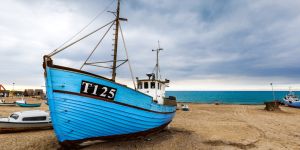
Senegal has captured the hearts and minds of many travellers who visit its golden sandy beaches, bustling cities and jaw-dropping scenery. Known as the Land of Teranga for its population's legendary hospitality and generosity, Senegal is a place where one-time visitors often become long-term stayers and for those wishing to settle down there permanently, buying a property could not only let you create your perfect home but also make financial sense.
Good to know:
Real estate regulations in Senegal are quite similar to those observed in France, for example. So if you come from a European Union country, you should not have much trouble in understanding these, despite some subtleties.
Where to look for property in Senegal
If you are looking to buy a property in Senegal, the chances are that you know where you want to live. However, even districts within cities can vary massively in terms of price and amenities, so it is best to be sure. Real estate agencies, which can be found online or in local newspapers, often have the best knowledge of what's going on, as well as added security from potential dodgy dealing. Besides, you can find out about what is available through expat websites, message boards, and speaking to friends.
Property ownership in Senegal
First and foremost, it is essential to establish who is the legal owner of the house and land. Make enquiries about the owner and their relationship to the property and ensure you obtain all legal and truthful documents regarding the following (this can be done through a lawyer):
- The owner's full identity, including a photocopy of their identity card
- Proof of how they became the owner
- Evidence that the owner is the property's real (sole) owner and has the authority to sell to you
- The price paid during the purchase.
Choosing your property in Senegal
Of course, you are going to want to visit the property more than once (at different times of day) to get an understanding of the light, noise and neighbourhood setting. It is also a good idea to visit the house during the rainy season (or speak to neighbours about how the area handles the rains).
In addition, you should:
- Find out about the current occupancy status of the house
- Find out about the local rental prices in the area
- Ask about previous tenants and whether they were reimbursed their guarantee
- Obtain proof that all bills have been paid (e.g. water, electricity)
- Ask whether any communal areas are shared with other properties.
Good to know:
Make sure to enquire why the owner intends to sell their property.
Tax
Finally, you should be aware of the property's tax situation. If the owner has not paid the associated taxes and fees, the sale agreement could be suspended, and you may end up losing your money to a crook.
Becoming an owner in Senegal
In Senegal, ‘buying' a property is, in fact, purchasing a very long leasehold. The land you are purchasing is not likely to become your sole property. You are rather authorised by the state to use it.
Having understood all the implications mentioned above and carried out extensive research on your own or via an estate agent, you can sign the sale agreement before a lawyer. At this point, there is no obligation to pay anything except for representation fees.
If you have sufficient funds to conclude the purchase, you can then sign the final sales agreement in front of the lawyer. The lawyer will then play the intermediate role between you and the owner.
Useful links:
Senegal International Habitat Exhibition
Senegal Government, Rental and Purchase of Property
Senegalie Wifeo - List of notaries
Senegalie Wifeo - List of rural communities
We do our best to provide accurate and up to date information. However, if you have noticed any inaccuracies in this article, please let us know in the comments section below.








